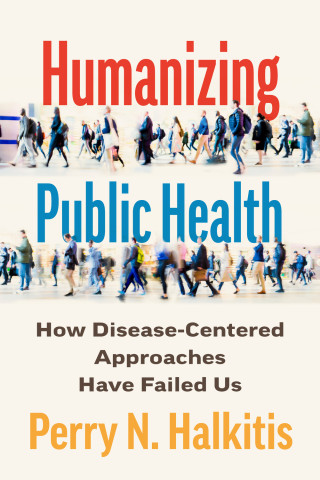
Reviews
The author has reserached his subject well... The writing is good and I found the book easy to reaad.
All staff working in obstetrics and gynaecology should read this book, as well as students in the field, as they would all gain insight into this problem.
A veritable treasure trove of information for anyone interested in the plight of women with obstetric fistula. This unique book is the culmination of L. Lewis Wall's lifelong commitment to the care of women and his pursuit of excellence in an exceptionally important field. Tears for My Sisters solidifies Dr. Wall's rightly deserved place as THE thought leader in the convergent fields of obstetric fistula, medical ethics, and anthropology.
Women describe obstetric fistula as 'living death.' L. Lewis Wall is one of the few who have worked hard to eliminate this tragedy. This book charts the story and shows a way forward to make sure no women in the future should endure such tragedy. A book that should be read by all.
Through Tears for My Sisters, Dr. Wall meticulously chronicles obstetric fistula’s causes while laying out a clear vision for tackling this crisis. With detailed narratives and historic analysis Dr. Wall reveals how, for the women in communities afflicted by fistula, access to prevention and treatment is transformative and empowering.
Wall uses his medical and anthropology training and some fine historical research to put together a much-needed book on obstetric fistulas. He does a terrific job of placing the controversial work of J. Marion Sims in historical context and answers Sims’s critics head-on. Through Wall’s skilled writing we get to see the interaction of culture and obstetrics in society, past and present.
Wall gives the reader a fascinating insight into the personalities, history, and causes surrounding obstetric fistula, while he also brings to life the suffering, emotional agony, and obstructions to getting care that millions of women endure in silence around the world. A must-read for not only anyone involved in caring for fistula patients but also all who are interested in the injustices to women.
A powerful book that highlights the distressing and devastating injury avoidably suffered by millions of women worldwide. Wall expertly weaves the history of obstetric fistula and its repercussions and impact on women's health and their livelihoods. A remarkable story empathetically told that is deeply affecting and universally hopeful.
An eloquent plea for the life and well-being of pregnant women in low-resource settings. This book will no doubt save women’s lives.
Book Details
Preface
Prologue
1. The Tragedy of Queen Henhenit
2. The Human Obstetrical Dilemma and Its Consequences
3. The Conquest of Obstructed Labor
4. Dr. Sims Finds a Cure
5. Structural Violence and Obstetric
Preface
Prologue
1. The Tragedy of Queen Henhenit
2. The Human Obstetrical Dilemma and Its Consequences
3. The Conquest of Obstructed Labor
4. Dr. Sims Finds a Cure
5. Structural Violence and Obstetric Fistula among the Hausa
6. Deadly Delays in Deciding to Seek Care
7. Deadly Delays in Getting to a Place of Care
8. Deadly Delays in Receiving Care
9. Compassion, Respect, and Justice
10. The Vision of Hamlin Fistula
Epilogue
Acknowledgments
Appendix
Glossary
Essay on Sources
Index






